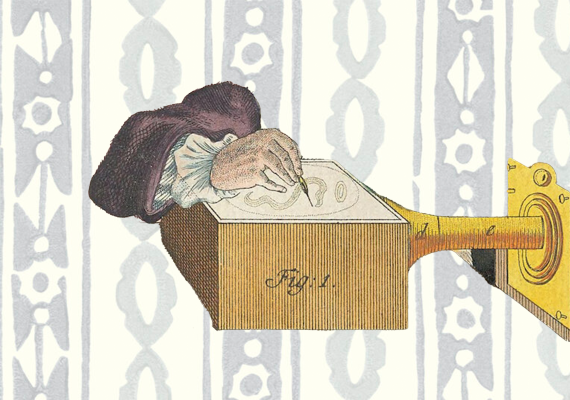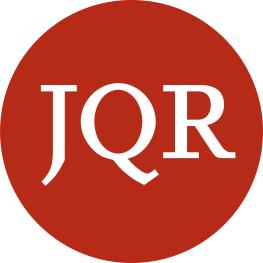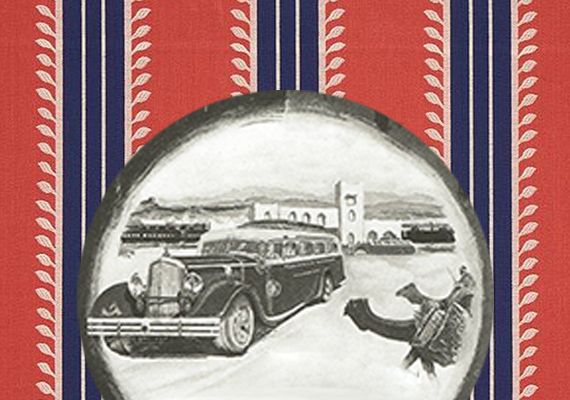New Issue of the Jewish Quarterly Review: Summer 2023
The TOC in Brief

JQR 113.3 is now available, online and in print.
In this issue:
Barry Wimpfheimer shows that the Mishnah stacks legal couplets like building blocks to produce ever-richer conceptual understandings and train the reader to mine it for such meaning.
Yakov Mayer delves into the radical Renaissance humanist adaptation of the Jerusalem Talmud produced by Shlomo Sirilio in sixteenth-century Safed.
Magdaléna Jánošíková and Iris Idelson-Shein guide us through Yiddish translations of scientific works in the sixteenth through eighteenth centuries, mapping overlooked interactions between Yiddish thinkers and early modern science. This essay is FREE to read and download without a subscription through September 30, 2023.
Natasha Gordinsky and Rafi Tsirkin-Sadan reveal the city of Gomel in the Pale of Settlement to be an important center of literary production during the emergence of Hebrew modernism at the turn of the twentieth century.
Orr Scharf identifies Franz Rosenzweig’s and Hermann Cohen’s treatments of the giving of the Torah at Sinai as a key to understanding their respective attempts to reconcile the advent of modern philosophy with the bequeathal of Jewish tradition.
Menachem Keren-Kratz explains the background and reception of Va-yo’el Moshe (1960)—a book written by Rabbi Yoel Teitelbaum, the Satmar Rebbe, calling it the most radical anti-Zionist text written by a Jew in modern history. This essay is FREE to read and download without a subscription through September 30, 2023.
Joseph Habib presents the first edition and modern translation of some of the principles of biblical exegesis propounded by the early tenth-century Karaite Yaqub al-Qirqisani.
*The most recent four years of JQR are distributed online to subscribers exclusively through Project Muse.
As always, see jqr.pennpress.org to subscribe and get access to all 130 years of JQR content.



